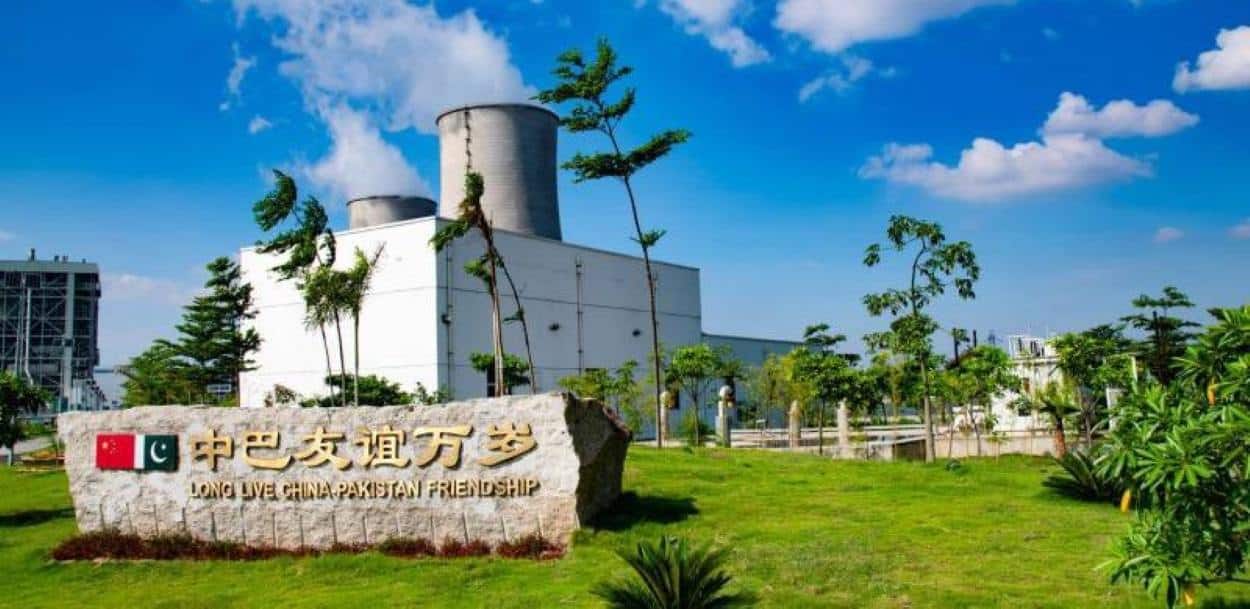Pakistan approved the release of over Rs100 billion to Chinese power plants as part of the China-Pakistan Economic Corridor (CPEC) and to reduce outstanding dues by nearly 25% in anticipation of Prime Minister Shehbaz Sharif’s upcoming visit to China, as Express Tribune Pakistan reported.
The Finance Ministry instructed the release of Rs100 billion from power sector subsidies, with an additional Rs8 billion from regular budget allocations. The funds, to be disbursed within days, will primarily benefit coal-fired plants like Sahiwal (owed Rs87 billion), Hub (Rs69 billion), and Port Qasim (Rs85.5 billion). As of June 2025, CPEC power projects’ dues totalled Rs423 billion, with the payment reducing the balance to just over Rs300 billion.
پرانے اور ناکارہ سرکاری تھرمل پاور پلانٹس کے ملبے کی 46.73 ارب روپے میں کامیاب فروخت، وزیر اعظم کی ہدایت پر بڑا قدم مکمل
وزیر اعظم پاکستان کے اعلان کے مطابق پرانے سرکاری تھرمل پاور پلانٹس کے ملبے کی فروخت میں اہم کامیابی حاصل ہوئی۔
61 یونٹس کے ملبے کی ریزرو پرائس 45.817 ارب روپے… pic.twitter.com/yNZFZSLQtk
— Awais Leghari (@akleghari) July 25, 2025The payment addresses violations of the 2015 China-Pakistan Economic Corridor (CPEC) Energy Framework Agreement, which requires the complete clearance of dues. Pakistan’s energy sector has seen a reduction in circular debt by Rs800 billion in FY 2024-25 due to a one-time injection of Rs801 billion. However, this figure conceals ongoing inefficiencies, as there has actually been an increase of Rs379 billion, according to the Federation of Pakistan Chamber of Commerce and Industry (FPCCI). Additionally, the government’s plan to secure a Rs1.3 trillion loan in order to retire debt is still pending.
The move comes before Sharif’s attendance at the Shanghai Cooperation Organisation (SCO) summit and an investment conference in China, highlighting Pakistan’s commitment to the China-Pakistan Economic Corridor (CPEC), a $65 billion initiative. Given Pakistan’s reserves of $19.6 billion and a $7 billion bailout from the IMF, this payment is intended to strengthen both economic and diplomatic relations.






